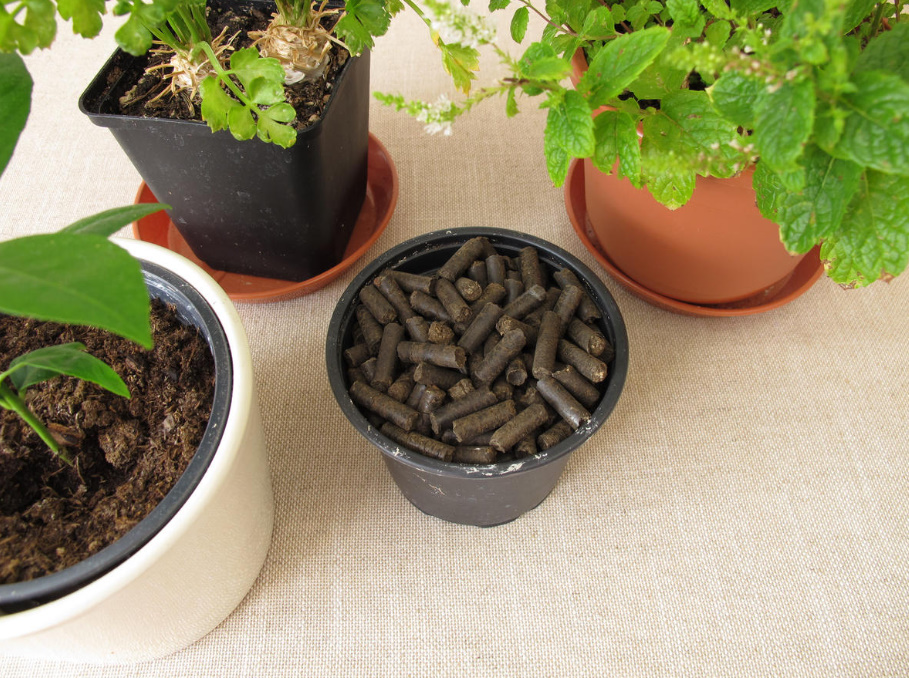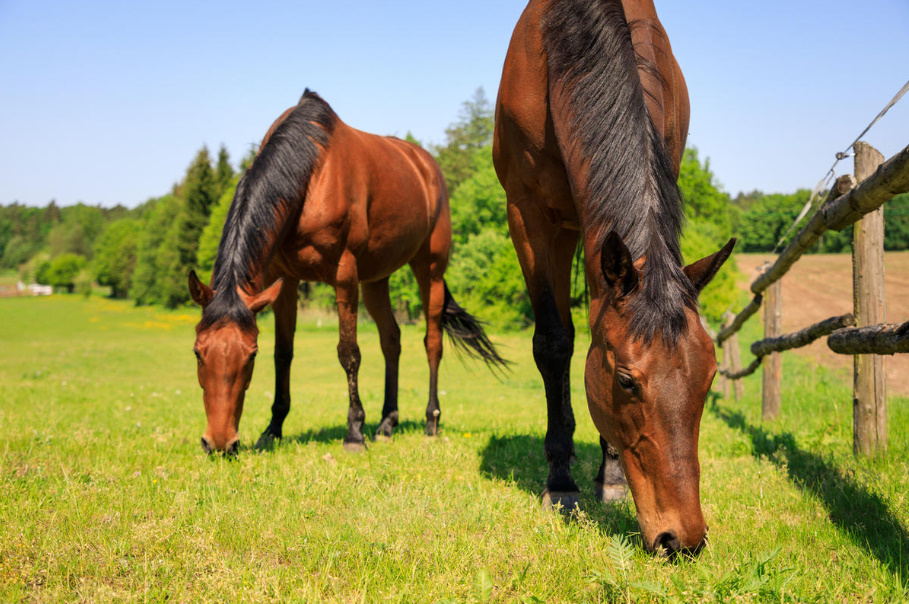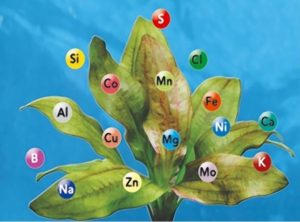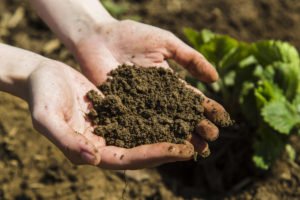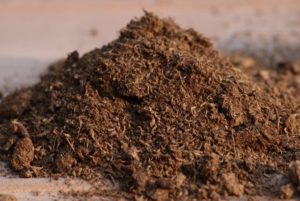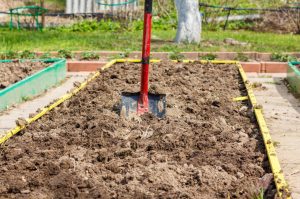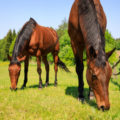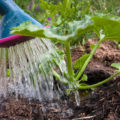Manure… For a summer resident, this is a magic word. Happy is the gardener who managed to get a certain amount of these waste products of farm animals at a reasonable price. As you know, manure is different depending on the type of animals, the conditions of their maintenance and feeding.
And since we are buying this substance for money, perhaps it is worth understanding the nuances. I propose to consider the subtleties of using horse manure.
What you can get
The word “manure” refers to organic fertilizer obtained from animal excrement. (Moreover, in addition to animal waste, moose “peas” are also very valuable: they almost do not have a characteristic smell and therefore are suitable for indoor floriculture.)
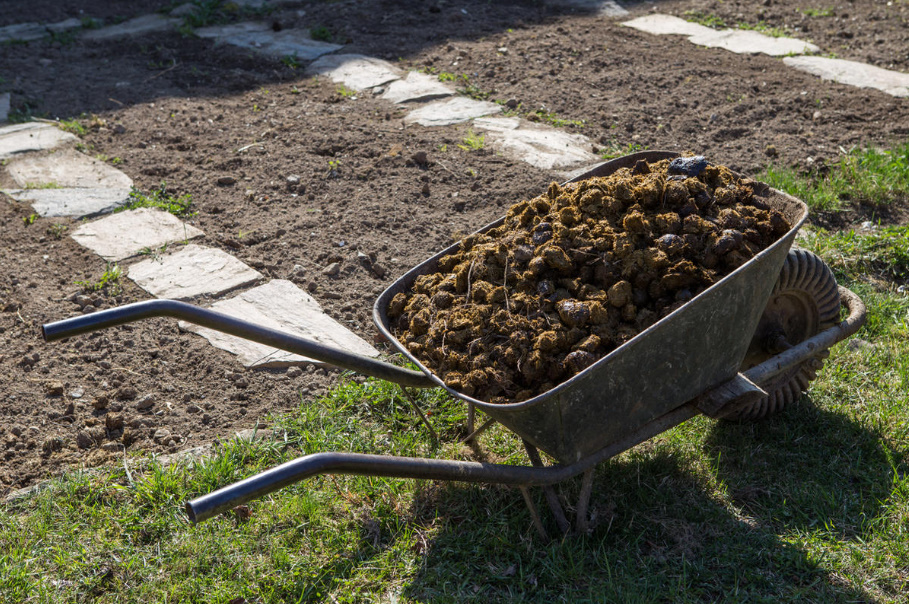
Horse products of vital activity are considered the most valuable, because they contain a large amount of organic matter, which means a lot of useful for plants. Organic matter in horse manure is about 25%, of which nitrogen is 0.6—0.8%, phosphorus is 0.3% (more than half of the phosphorus in horse manure is contained in a form easily assimilated by plants), potassium is 0.6%, calcium is 0.2%, magnesium is 0.14%.
In addition, horse manure is drier, lighter and more porous, with inclusions of grass particles; it decomposes faster. Therefore, in addition to fertilizing the soil, it structures it well. It has the highest temperature of “combustion” — much higher than the manure of other animal species. Warm beds filled with horse manure can warm up to almost +70 °C and maintain a high temperature for about two months.
But in the modern world, iron horses have replaced horses, and high-quality horse manure has become an almost scarce commodity. Therefore, it is less common and more expensive than cow and pig manure. By the way, goat and sheep manure has even greater nutritional value for plants, and it also has a dry consistency. But, probably, this is an even rarer commodity in the horticultural market.
Market-manure reality
Horse manure is a very valuable organic fertilizer. However, in order for it to become such, it is not enough to simply collect the excrement, pack it in bags and sell it to summer residents suffering from rich harvests.
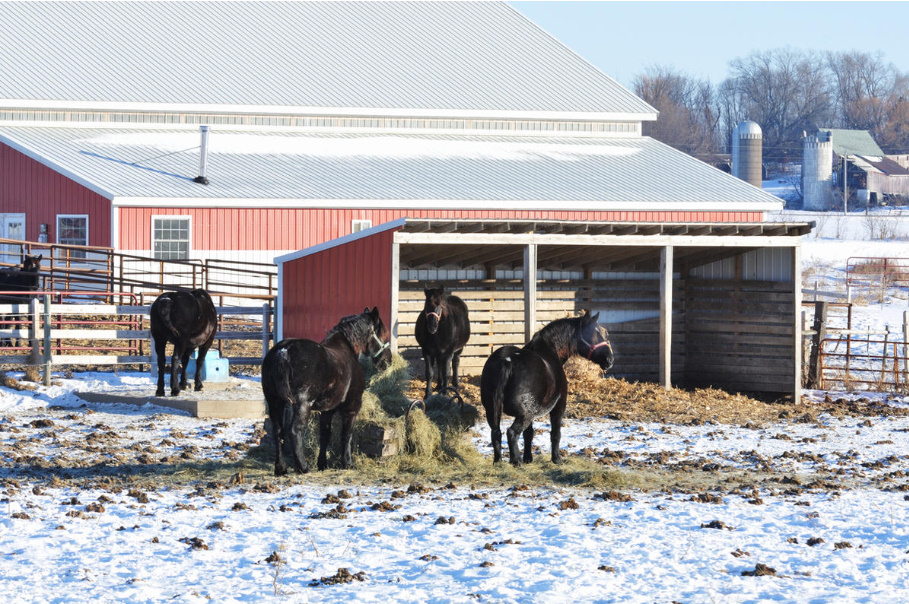
About harm and benefit
If you plan to use manure as fertilizer, it must necessarily be rotted:
- because fresh during decomposition releases substances harmful to plants;
- undecomposed organic substances are in a form that is difficult for plants to digest;
- the seeds of weeds are preserved in fresh manure;
- fresh manure contains pathogenic microflora (almost a hundred pathogens of various human and animal diseases) and helminths — eggs of most varieties remain in manure for up to 3 years, and some even longer;
- all chemicals used in veterinary medicine also end up in manure;
- the high “combustion” temperature of the fresh product can damage the roots.
By introducing such a “fertilizer”, you will not only not improve the nutrition of plants, but, perhaps, you will harm both them and yourself.
Fresh, unburned horse manure is used for the construction of warm beds and greenhouses — not as a fertilizer, but as a “heating element”. It is laid in a bed to a sufficiently large depth, and for planting plants, a layer of soil is poured over a layer of hot manure with a thickness necessary to accommodate their root system. Such manure will become food only in the following years.
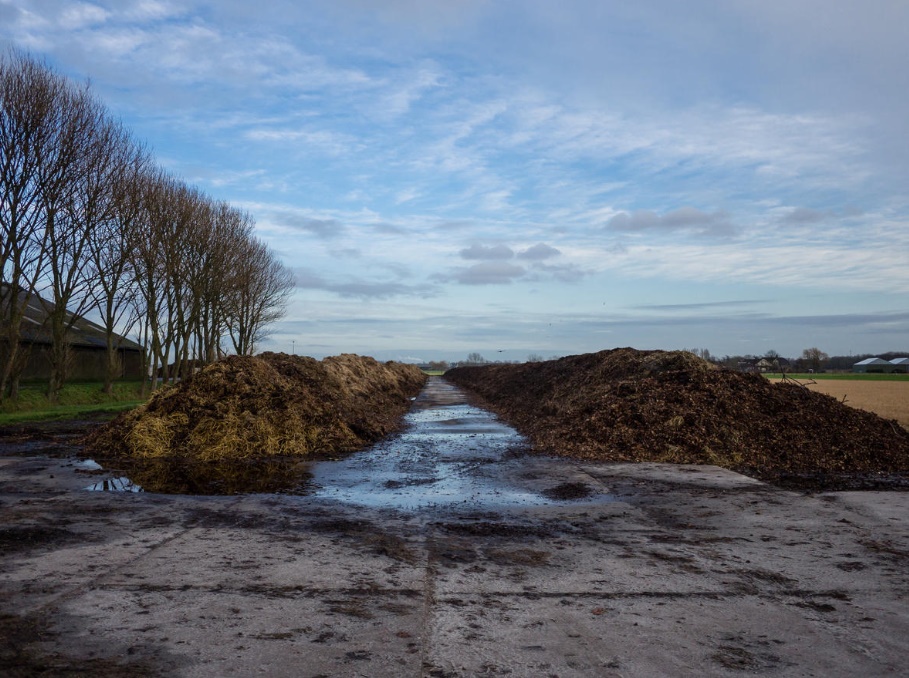
Manure — for nothing?
Today, you can often find ads for the sale of horse manure in bags for little money or even for free, for pickup. But is it worth rushing to purchase such an organic fertilizer and why is such a valuable product being given away for free?
Horseback riding is one of the types of modern profitable tourist business. Naturally, the stables are located in close proximity to the consumer: near major cities. In the village there is hardly a demand for romantic horseback riding or birthday celebrations in the stable. And the cost of land near big cities is great.
In order for manure to become a valuable fertilizer, it must be carefully prepared: for at least a year (or better and correctly — 3-4 years), it must be stored in burts laid in a special way (hot, cold or hot-pressed) on a concrete platform.

In properly formed burts, organic matter decomposes, in which pathogenic organisms and weed seeds are destroyed by the necessary temperature, and valuable nitrogen is preserved as much as possible, and does not evaporate mediocre into the atmosphere. In this process, all organic substances, including the underlying material, are completely mineralized and pass into a form easily assimilated by plants — humus.
For stable owners, creating conditions for the production of high—quality organic fertilizer is an extra non-core expense, and throwing “good” into the nearest ravine is fraught with a fine. For them, horse manure is not a valuable fertilizer, but a business-hindering by-product that violates the tourist pastoral with its appearance and smell.
Therefore, in a bag under the guise of well-rotted horse manure, fresh, freshly collected excrement can be sold to you: the owner of horses faces the task of getting rid of the waste of their pets as soon as possible, and not caring about your harvest. Or vice versa, they can sell a litter consisting of one hay and sawdust, with two or three horse pellets per bag, for the same reason – the stalls need to be cleaned regularly.
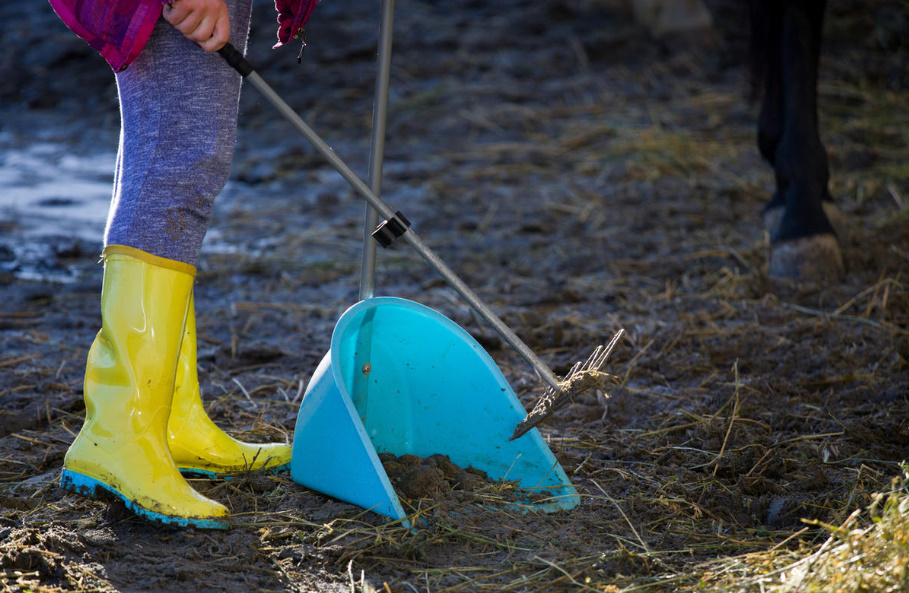
If you have the opportunity to “bring to mind” fresh horse manure purchased on the cheap on your own (maintain the required conditions for organic decomposition for several years) or plan to create greenhouses with biofuel heating, feel free to take it. If not, it is worth looking not for a stable, but for a manufacturer of organic fertilizers that buys raw materials from stables and processes it according to all the rules into a useful nutritional supplement for the soil. Today, you can buy organic fertilizers from horse manure that have nothing in common with the original product: it is dehydrated and pressed into pellets convenient for the gardener.
